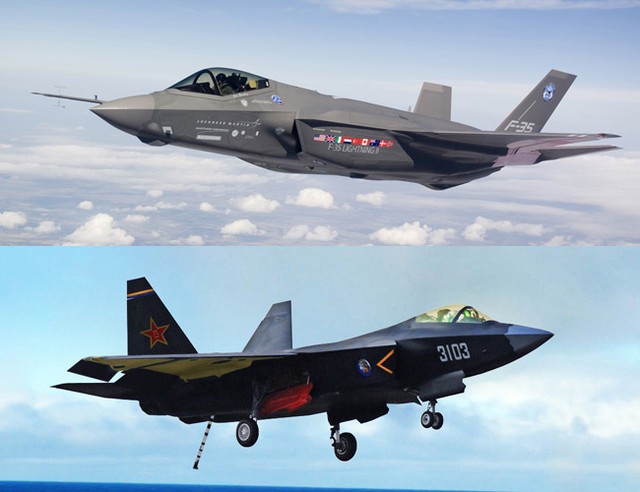In the age of Obama defense cuts, U.S. losing its technological edge to Russia, China
10/07/2015 / By usafeaturesmedia

(NationalSecurity.news) During the Obama Presidency, the Defense budget has fallen to its lowest level in years, in part due to the winding down of wars in Iraq and Afghanistan and in part due to sequester cuts. The number of Army troops will soon be at their lowest level since before World War II, the number of Navy ships is declining, and the Air Force is cutting squadrons and personnel.
At the same time, over the past six years, the Pentagon has been forced to develop a new cost consciousness, spending less money on less complex weapons systems that use more existing or commercial technology, according to recent data collected by DoD Undersecretary for Acquisition Frank Kendall.
However, he points out in a new 210-page report,[PDF] the decline in complexity has come at a cost of its own: risk-averse Pentagon arms buyers who are purchasing less cutting-edge weaponry, and that is allowing Russia and China to catch up, Defense One reported.
“In my view, our new product pipeline is not as robust as it should be at a time when our technological superiority is being seriously challenged by potential adversaries,” Kendall said in his report, which examines the current state of the Pentagon’s multibillion-dollar acquisition establishment.
Not all of the cost savings have come from choosing less sophisticated weapons. Under buying reforms that he and his predecessor, current Defense Secretary Ashton Carter, implemented, defense contractors are earning larger profits based on performance and firms in general are “doing a better job of meeting cost targets,” said Kendall.
Still, in addition to buying off-the-shelf technology, cyber theft of sensitive Pentagon programs like the F-35 fighter and other systems has also enabled Russia and China to advance some of their weapons programs.
As for defense acquisition, some in Congress, including Sen. John McCain, R-Ariz., chairman of the Senate Armed Services Committee, want to give more purchasing authority to the uniformed service chiefs – an idea that Kendall, Carter and others say would negate any budgetary gains made thus far.
“I encourage the stakeholders of defense acquisition to examine this report, prior reports, and other data-driven analyses to help guide ongoing discussions and policymaking,” Kendall wrote in his report. “While it is important to continue improving our policies and practices, change for change’s sake isn’t the answer. We should use experience supported by data-driven analysis to help ensure we don’t embrace policy reforms that carry unintended adverse consequences.”
Have you ‘liked’ NationalSecurity.news on Facebook? Click here!
Keep up with all the news involving U.S. weapons acquisition and technology at AlternativeNews.com.
See also:
Admin.GovExec.com[PDF]
Tagged Under: China, cyberattack, defenese budget, Department of Defense, hacking, military technology, Obama Administration, Russia, United States


















